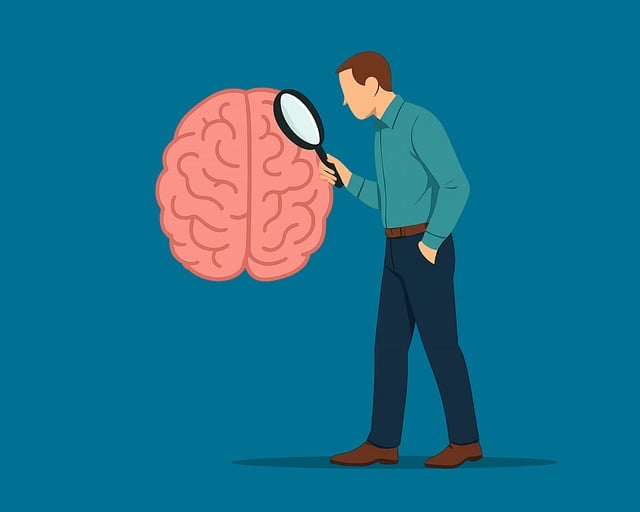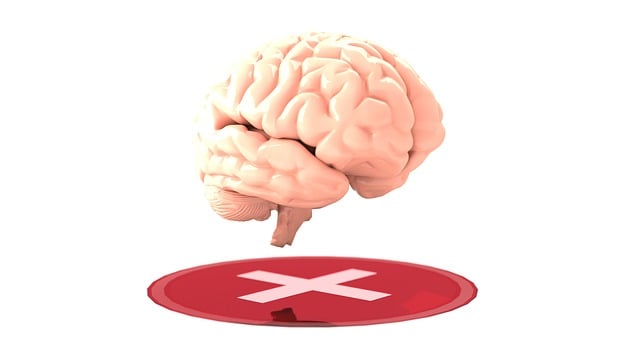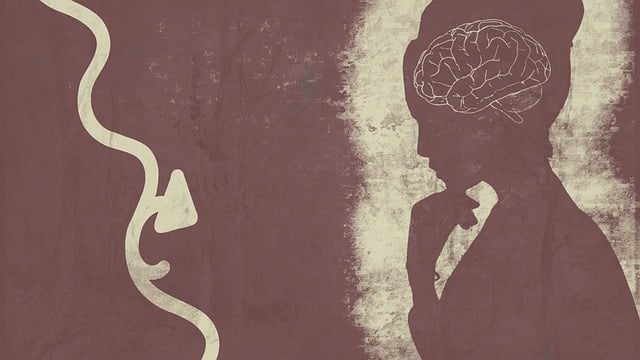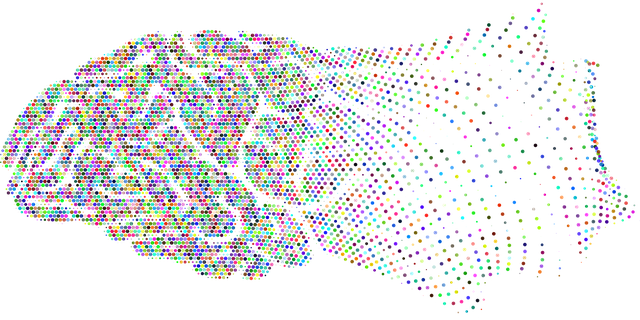Mindfulness meditation is a game-changer in adolescent mental health, offering a non-invasive therapy for teens aged 13-19. By training emotional regulation and focus, it reduces stress levels and anxiety, particularly beneficial for those undergoing psychological testing. Healthcare providers increasingly integrate mindfulness into patient care plans, recognizing its potential in diverse settings. Start with short sessions (5+ minutes) using apps or reminders, encouraging present-moment awareness during daily activities. Parents should create calm spaces, guide emotional regulation, and consider therapy options like CBT or psychological testing to support adolescent mental health.
Mindfulness meditation is emerging as a powerful tool for adolescent mental health, offering a natural and accessible therapy for teens navigating today’s challenges. This practice, rooted in ancient wisdom, equips young individuals with skills to manage stress, regulate emotions, and improve overall well-being. In this guide, we explore the benefits of mindfulness, provide practical tips for integration into teen routines, and highlight its potential as an alternative or complementary approach to traditional psychological testing and therapy for adolescent teens.
- Understanding Mindfulness Meditation for Teens
- The Benefits of Mindfulness Practice on Adolescent Mental Health
- Practical Tips to Integrate Mindfulness into Teen Routines
Understanding Mindfulness Meditation for Teens

Mindfulness meditation has gained significant attention as a beneficial practice for teens navigating the complexities of adolescence. It involves training the mind to be fully present and aware of the current moment, accepting thoughts and feelings without judgment. This ancient technique is now recognized as an effective therapy for adolescent teens, offering a non-invasive approach to enhance mental well-being. By integrating mindfulness into their daily routines, teens can develop better emotional regulation skills, improve focus, and reduce stress levels, which are essential aspects of their overall psychological development.
For teens struggling with anxiety, depression, or even those undergoing psychological testing as part of their healthcare journey, mindfulness meditation serves as a powerful tool for self-discovery and healing. It encourages individuals to observe their thoughts without getting caught up in them, fostering a sense of detachment from negative thought patterns. This practice is not only beneficial for burnout prevention but also equips adolescents with valuable coping mechanisms that can support their mental health throughout their lives. Healthcare providers are increasingly incorporating mindfulness into their patient care plans, recognizing its potential in promoting resilience and overall psychological competency, especially in culturally diverse settings where comprehensive cultural competency training may be essential.
The Benefits of Mindfulness Practice on Adolescent Mental Health

Mindfulness meditation has emerged as a powerful tool to support adolescent mental health and well-being. Regular practice can significantly reduce symptoms of anxiety, depression, and stress in teens, offering an alternative and often more accessible form of therapy compared to traditional talk therapies or psychological testing. By focusing on the present moment and cultivating non-judgmental awareness, mindfulness helps young individuals develop better emotional regulation skills, improve their attention span, and foster a positive self-image.
Integrating mindfulness into daily routines can also serve as an effective risk assessment strategy for mental health professionals working with adolescent teens. Encouraging self-care practices through mindfulness meditation allows teens to build resilience against life’s challenges and promotes overall psychological flexibility. This proactive approach not only enhances the therapeutic process but also equips adolescents with valuable coping mechanisms, contributing to better long-term mental health outcomes.
Practical Tips to Integrate Mindfulness into Teen Routines

Integrating mindfulness into teen routines can be a game-changer for their overall well-being. Start by incorporating short meditation sessions into their daily schedules; even just 5 minutes can make a significant difference. Set reminders or use apps designed to guide adolescents through simple breathing exercises and body scans, which are effective techniques to reduce stress and improve focus. Encourage teens to be mindful during activities like eating, walking, or listening to music, helping them stay present and enhance their sensory experiences.
For parents and caregivers, supporting teenagers’ mindfulness practices is key. Create a calm environment free from distractions during meditation time and offer guidance on how to handle difficult emotions. Consider involving teens in mental health education programs designed to teach emotional regulation skills, which can be valuable tools for navigating the challenges of adolescence. Additionally, exploring therapy options like cognitive-behavioral therapy (CBT) or psychological testing can further support adolescent mental health and prevent issues like depression.
Mindfulness meditation offers a powerful tool for adolescent mental health, as supported by growing research. By integrating mindfulness practices into their daily routines, teens can gain better emotional regulation, improved focus, and enhanced overall well-being. The benefits extend beyond individual experiences, potentially reducing the need for more intensive interventions like therapy for adolescent teens and psychological testing. With simple practical tips, parents, educators, and caregivers can guide teens towards a calmer, more mindful future.









